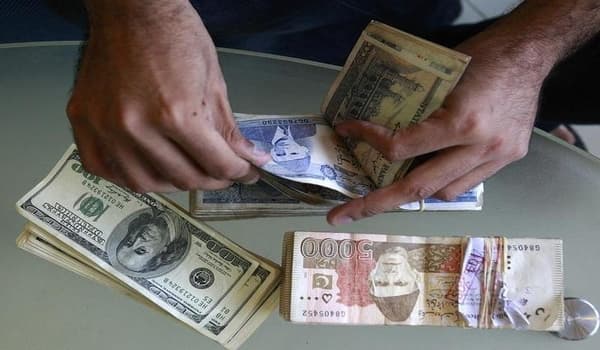Real estate developers in the Gulf region are going to have to negotiate creatively with investors during 2010 to avoid a rise in defaults, it is claimed.
Anecdotally there is evidence that real estate investors have defaulted because they are concerned that the projects they have invested in will never get built.
But instead of chasing them for payments developers should enter into a dialogue and come up with options that will entice them back on track, according to Craig Plumb, head of research for the Middle East and North Africa with consultants Jones Lang LaSalle.
‘Clearly, there will be more investors who have decided not to pay for things that are never going to get delivered and if I was in that boat I would probably default as well,’ he said. ‘What’s happening is that owners and developers are going back to those investors and coming up with different options,’ he added.
Plumb explained that that due to a lack of established regulations and the sheer expense of the legal option, negotiation is often the only course of action. He confirmed that Union Properties, Nakheel and Emaar are all pursuing this route.
‘Developers can offer a unit in a finished building instead of one in a building that will never be built. So if a developer has ten projects and only 10% of them are sold, they can put all of that10% of payments into one project and leave the other nine until demand returns,’ he said.
His colleague, regional managing director Blair Hagkull said that he expected that prices would remain flat during 2010, with a margin of 5% either way. However, he added that outlying areas that don’t have the amenities or proximity to services of locations like Sheikh Zayed Road and Downtown Dubai could see prices drop by between 15 and 20%.







